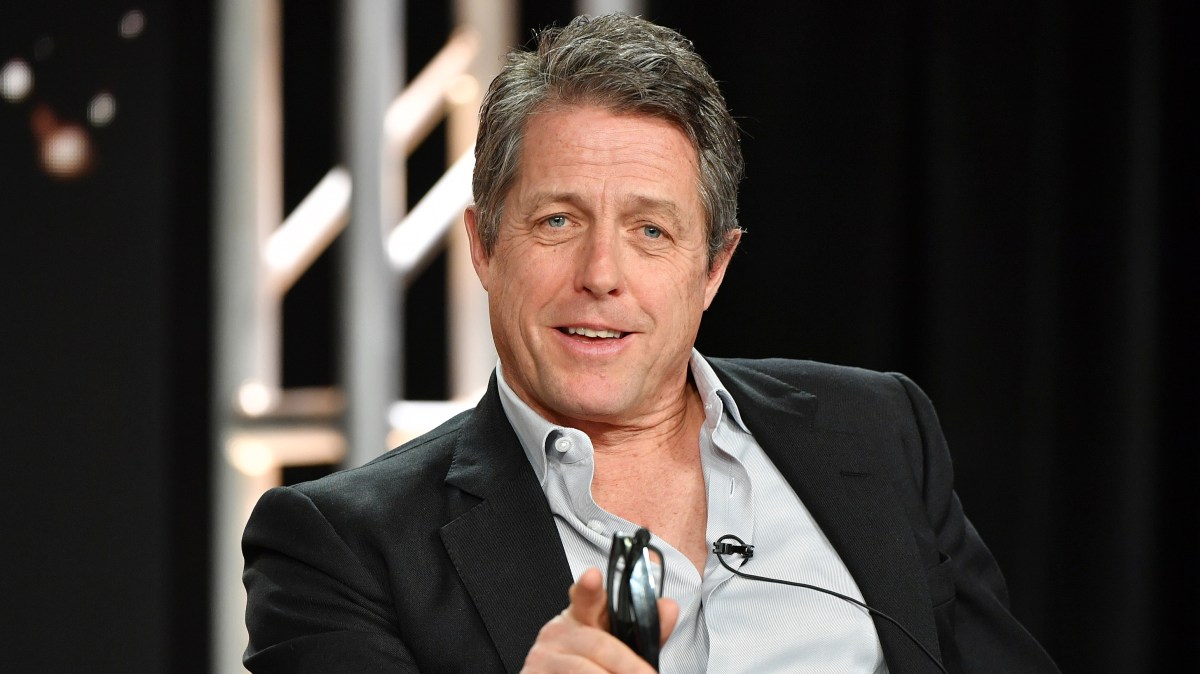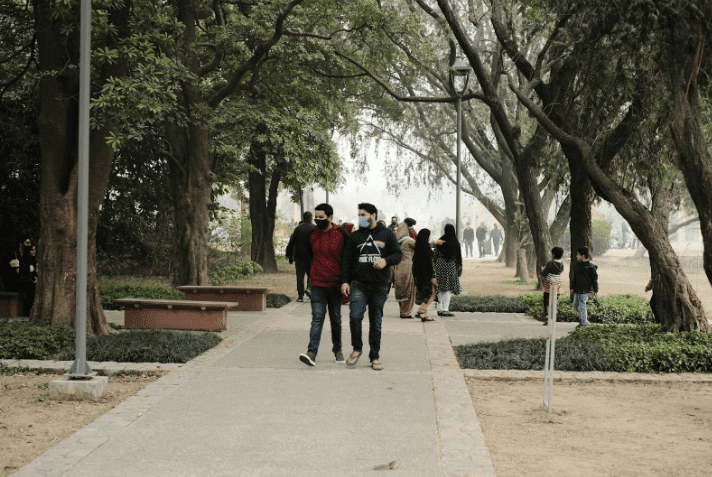The recent announcement from the Government of [Country] regarding significant changes to the national curriculum has ignited a debate over the balance between progressive initiatives and the core objectives of education. The reforms, which include a comprehensive review of the science curriculum, aim to level the playing field for students across the nation. However, critics argue that these changes may reflect a broader political agenda that could detract from essential educational goals.
The Government of [Country] revealed its plans on [Date of Announcement], highlighting a renewed emphasis on science and technology education. This approach aligns with global trends that prioritize STEM (science, technology, engineering, and mathematics) subjects to prepare students for the demands of the modern workforce. Proponents of the curriculum changes assert that enhancing scientific literacy is crucial for fostering innovation and economic growth.
Despite these positive intentions, some educators and parents express concern that the focus on progressive causes could overshadow fundamental educational principles. Critics suggest that the curriculum review might prioritize political correctness over academic rigor, potentially compromising students’ overall learning experiences. In a statement, a representative from the [Country’s] Education Department emphasized that the goal is to create an inclusive environment that supports diverse perspectives without undermining educational integrity.
The debate has raised questions about the role of government in shaping educational content. Some argue that while inclusivity and diversity are important, education should primarily focus on equipping students with critical thinking skills and factual knowledge. A local educator noted, “We should be cautious of allowing political agendas to dictate what students learn. Education must remain focused on developing informed and capable individuals.”
As the Government of [Country] moves forward with the curriculum changes, stakeholders from various sectors are urged to engage in constructive dialogue. The objective is to ensure that the educational framework not only fosters inclusivity but also maintains high academic standards. The potential impact of these reforms on students’ future prospects is significant, making it essential for all voices to be heard in this critical conversation.
In summary, while the Government’s commitment to revamping the national curriculum may be a step towards modernizing education, it is vital to strike a balance between progressive initiatives and traditional educational values. The ongoing discussions will likely shape the future of education in [Country], as communities seek to find common ground on what constitutes quality learning for all students.






